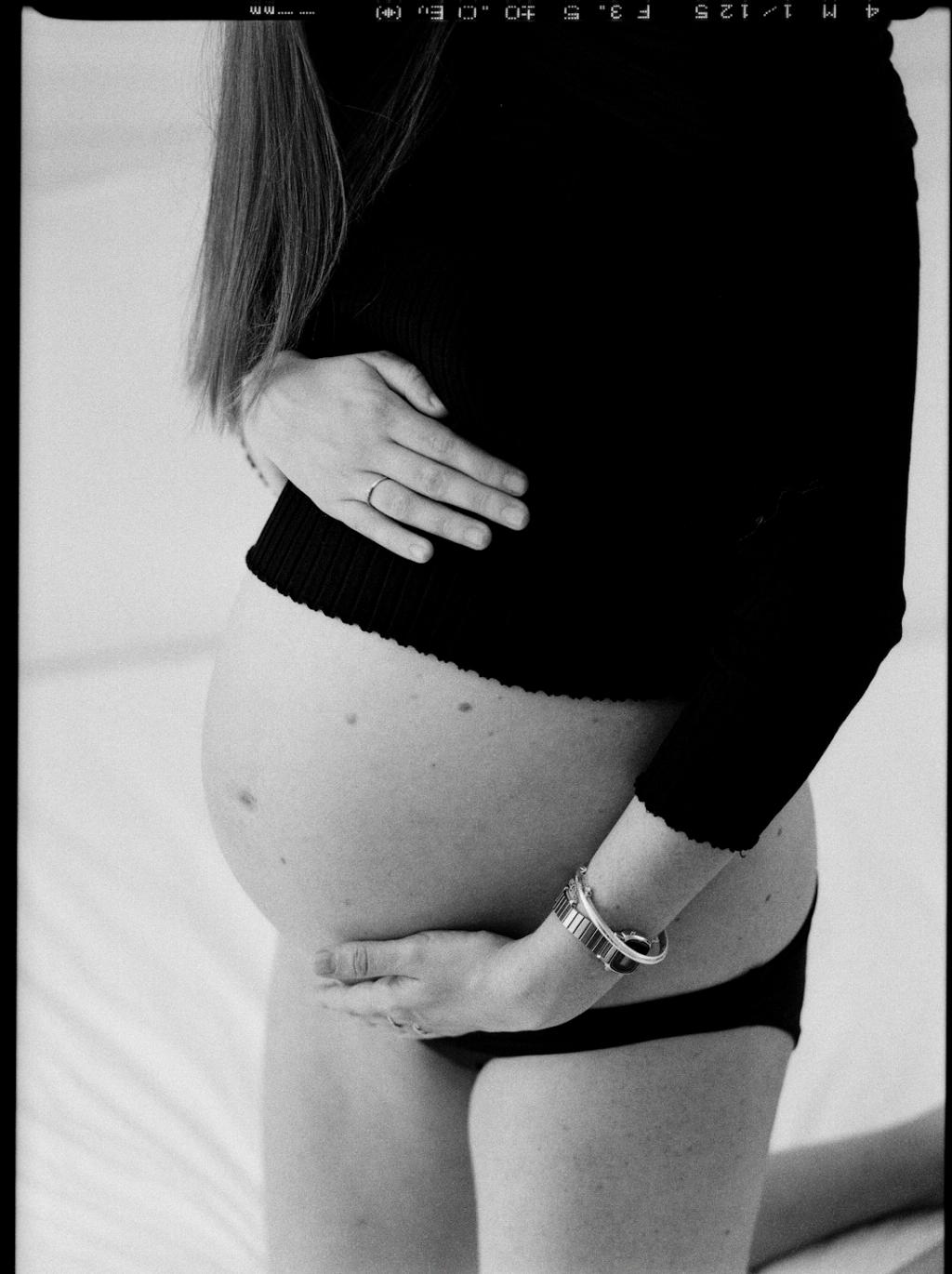One common question that many expectant mothers have is whether it is safe to consume protein smoothies during pregnancy. The answer ultimately depends on the ingredients used in the smoothie and the overall diet of the pregnant individual. It is essential to prioritize the health and well-being of both the mother and the baby when making dietary choices during this crucial period.
Protein smoothies can be a convenient way to increase protein intake, which is important for supporting the growth and development of the baby. Protein is a vital nutrient during pregnancy, as it plays a crucial role in the formation of new tissues and the overall growth of the fetus. However, it is essential to ensure that the protein sources used in the smoothie are safe and nutritious.
When choosing ingredients for a protein smoothie during pregnancy, opt for high-quality protein sources such as Greek yogurt, tofu, nut butters, and protein powders specifically formulated for pregnant women. It is important to avoid raw or undercooked ingredients, as they can pose a risk of foodborne illnesses that may be harmful to both the mother and the baby.
Another factor to consider when consuming protein smoothies during pregnancy is the overall nutritional balance of the smoothie. While protein is important, it is also essential to include a variety of fruits, vegetables, and healthy fats to ensure that both the mother and the baby are receiving adequate nutrients. A well-rounded smoothie can provide essential vitamins, minerals, and antioxidants that support overall health.
It is advisable to consult with a healthcare provider or a registered dietitian before incorporating protein smoothies into your pregnancy diet. They can provide personalized recommendations based on your individual nutritional needs and any specific dietary restrictions or health concerns. Additionally, they can help you ensure that the smoothie ingredients are safe and beneficial for you and your baby.
While protein smoothies can be a convenient and nutritious addition to a pregnancy diet, they should not replace whole foods. It is important to continue eating a balanced diet that includes a variety of nutrient-dense foods to support the overall health and well-being of both the mother and the baby. Protein smoothies can complement a healthy diet but should not be relied upon as the sole source of nutrition.
When preparing protein smoothies during pregnancy, pay attention to portion sizes and avoid excessive amounts of added sugars or artificial ingredients. Opt for natural sweeteners such as honey or maple syrup, and consider adding additional ingredients such as chia seeds or flaxseeds for added fiber and omega-3 fatty acids. Experiment with different recipes to find combinations that are both delicious and nutritious.
It is essential to listen to your body during pregnancy and make choices that prioritize your health and the health of your baby. If you experience any adverse reactions after consuming a protein smoothie, such as digestive discomfort or allergic reactions, discontinue use and consult with your healthcare provider. Your well-being is paramount, and it is important to make informed choices that support a healthy pregnancy.
In conclusion, consuming protein smoothies while pregnant can be safe and beneficial when done in moderation and with attention to ingredient choices. By selecting high-quality protein sources, incorporating a variety of nutritious ingredients, and consulting with a healthcare provider, you can enjoy the benefits of protein smoothies as part of a balanced pregnancy diet. Remember to prioritize overall nutritional balance and continue to nourish your body with a diverse range of foods for optimal health.

